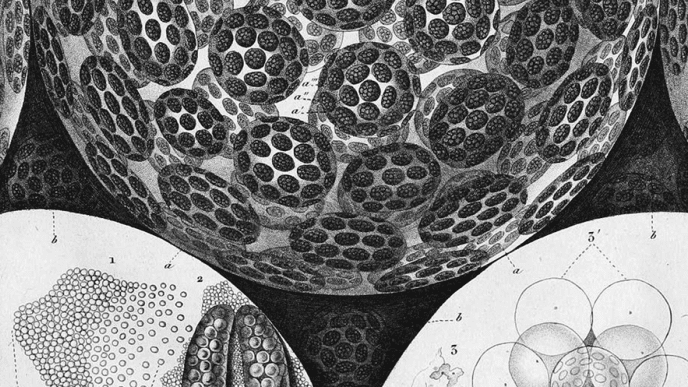
A main research area of the Ernst-Haeckel-Haus is the history and philosophy of the biological sciences in the 19th and 20th centuries. In the late 18th century and during the 19th century, new concepts of the living, theories of cells, organization and reproduction, evolutionary theories and ideas about biological inheritance emerged which contributed to the formation of biology as a new field of knowledge. In the 20th century, biology changed in manifold respects: from the genetics and eugenics at the beginning of the 20th century through molecular biology up to genome research, cloning and CRISPR/Cas in the early 21st century. In these two centuries, biological research was embedded in cultural and social changes, and gave rise to public debates. In several projects, we investigate the historical development of research practices, theory and model building in the biological sciences. From a historical and epistemological perspective, we explore the dynamics of knowledge production which also means situating this knowledge within the historical context of its emergence and reflecting on its social impact.
Contact: Christina Brandt